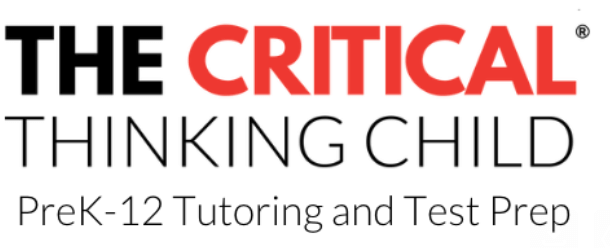So far, in our series about how to motivate your child, we’ve talked about praise, projects, and prestige. Next up, we’re going to focus on prizes. As an adult, you’re likely familiar with using prizes to motivate yourself. For example, you might bike to work and then reward yourself with coffee from your favorite coffee shop. Or you may slog through cleaning the house in order to reward yourself with a cup of tea or time alone to recharge.
Likewise, prizes can be effective motivators for your child. Today, we’ll explore what kinds of prizes are effective, why prizes work as a motivator, and how to effectively use prizes to motivate your unmotivated child.
What kinds of prizes are effective when trying to motivate your child?
Using prizes as a motivational technique is similar to prestige. While prestige refers to general public recognition, a prize tends to focus that recognition on a specific achievement and look a specific way. For example, a first-grade classroom may collect 10 hallway compliments to earn a pajama day for the class. At home, you may keep a sticker chart for your child’s weekly chores and reward them with a new toy at the end of the week if they finished all of their chores.
Many parents and teachers think of prizes as exclusively tangible rewards, like stickers or toys. And it’s true that tangible prizes get results. If your child is motivated by prizes, they won’t turn down a physical reward. But it isn’t only about the tangible. You can also reward your child with time and activities. For example, a prize for your child might be a trip to the park, a special event like a movie party, or even extra play time.
Who is motivated by prizes?
While most children enjoy rewards, prizes are particularly motivating to children driven by recognition and status. These types of children often struggle with intrinsic motivation and instead look to physical, external factors to get them going. Similar to prestige, prizes can help motivate more aggressive. In these situations, prizes serve as immediate and tangible feedback for a positive change in behavior. Think of rewarding a child with a sticker for each hour or day without a tantrum, and then cashing those stickers in at the end of the week for an event-based prize like a trip to the pool.
How do I use prizes to motivate my child?
Prizes can be used to celebrate both academic and behavioral achievements, either at home or at school. Many classrooms already use some form of positive behavior system, so your child might already be receiving weekly prizes or certificates at school. If that’s the case, you can make them even more meaningful building on the school’s reward system. These are typically prizes given for good behavior, so be sure to talk to your child about what behaviors helped them earn prizes at school.
Academically, you can align the prize with the academic achievement being celebrated. For example, if your child has consistently worked on their reading skills, an appropriate prize might be a trip to a local bookstore for a few new books. Similarly, if your child earns a high grade on a math test, think of a reward like a new notebook or pencil to use to practice math.
How to give prizes without spoiling your child
The goal in using prizes is not to create an environment where your child looks for a tangible reward constantly. In fact, too many prizes actually decrease motivation, because they turn into an expectation. The best way to give prizes is randomly; some weeks you can give a reward for finishing chores but other weeks you may not. This way children do not come to expect them and they carry more weight.
In addition, it’s important to be clear with your child about why they are receiving the prize, so your child has context and you don’t accidentally reinforce the wrong behavior. It could be for the presence of helpfulness or kindness or the absence talking back or throwing a tantrum. Academically, prizes can be given for growth (a better score on a spelling test than last week), effort (reading longer at home than ever before), or achievement (coming in first in the spelling bee).
While any of these are appropriate reasons to award prizes, they have no meaning if children don’t specifically know why they are receiving them. Pair prizes with praise and verbal acknowledgement to have the biggest impact.
Why do prizes work?
Prizes are an effective motivator because they provide tangible rewards for a job well done. If students are craving recognition, prizes show them that someone has seen them. If they are working on decreasing aggressive behaviors, prizes (or the absence of prizes) shows them which direction they are heading, and status-driven children are able to have a prize to show others that they are doing something right.
Be mindful of what prizes you’re giving, what behaviors you’re rewarding, and how often you’re giving them, and you’re well on your way to a more motivated child!



